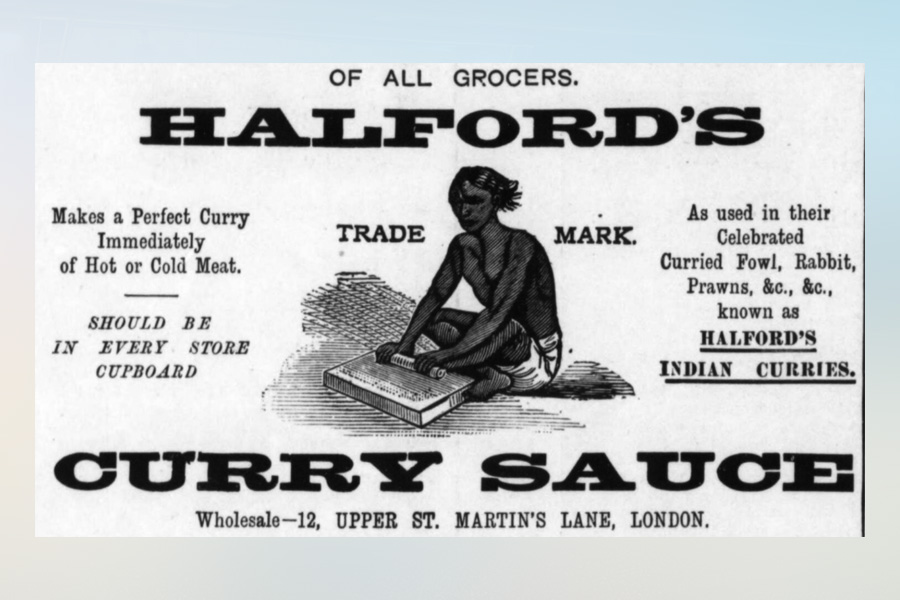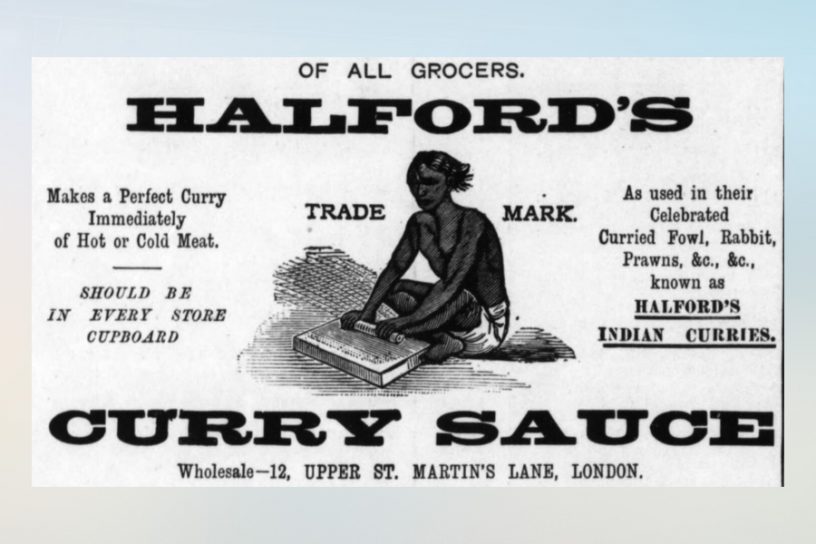
This study suggests gastromythology as a new analytical index in studies of consumption and foodways to highlight how mythologies indispensably shape the mnemonic history of food cultures.
Authors
Arup K. Chatterjee, Professor, Jindal Global Law School, O. P. Jindal Global University, Sonipat, Haryana, India.
Summary:
Curry houses are among Britain’s most prominent historical, cultural, and gastronomic links with Asia. Recent developments in the context of Britain’s “declining” curry culture suggest that the industry’s challenges cannot be explained through watertight analyses of immigration controls, the allegedly latent racism of British society, its aggravation by the Brexit discourse, shrinkage of South Asian talent and the turn towards healthy and green consumer choices.
There is an elusive force that I recognise as gastromythology–that negotiates between invented traditions and authenticity. In offering gastromythology as a new analytical index in studies of consumption and foodways, I suggest that mythologies–in the sense deployed by Roland Barthes–indispensably shape the mnemonic history of food cultures.
Declining or saturating mythologies signal a break away from the cultural conditions that cradled the culinary tradition, in the first place, as is true of curry, especially when seen against a rapidly changing political backdrop.
Published in: Consumption Markets and Culture
To read the full article, please click here.


